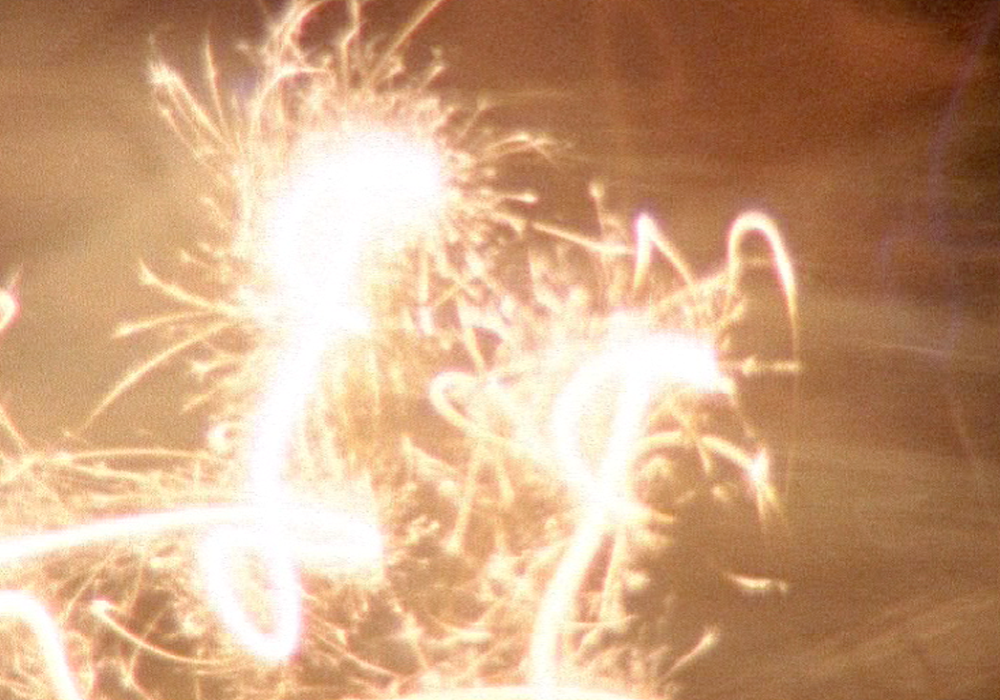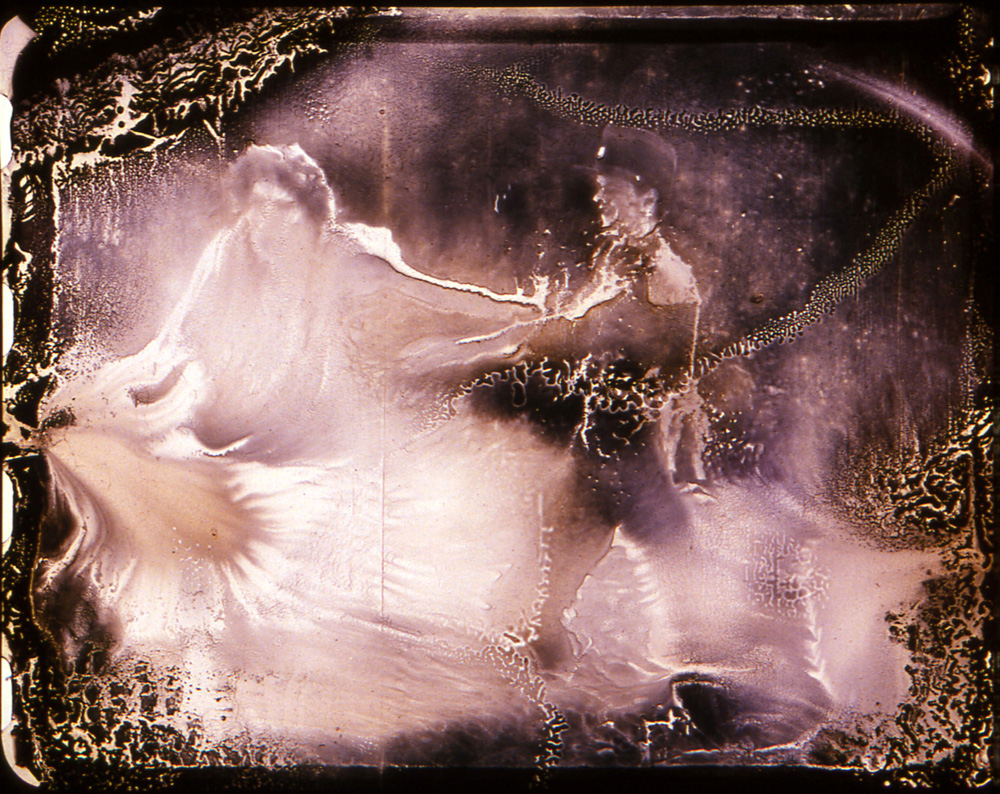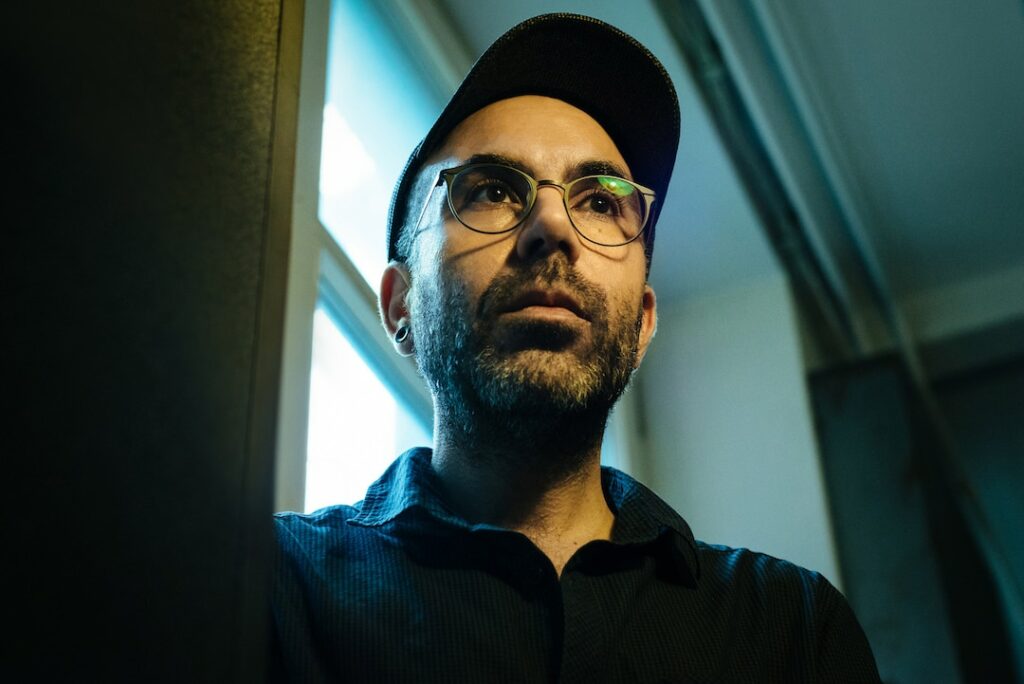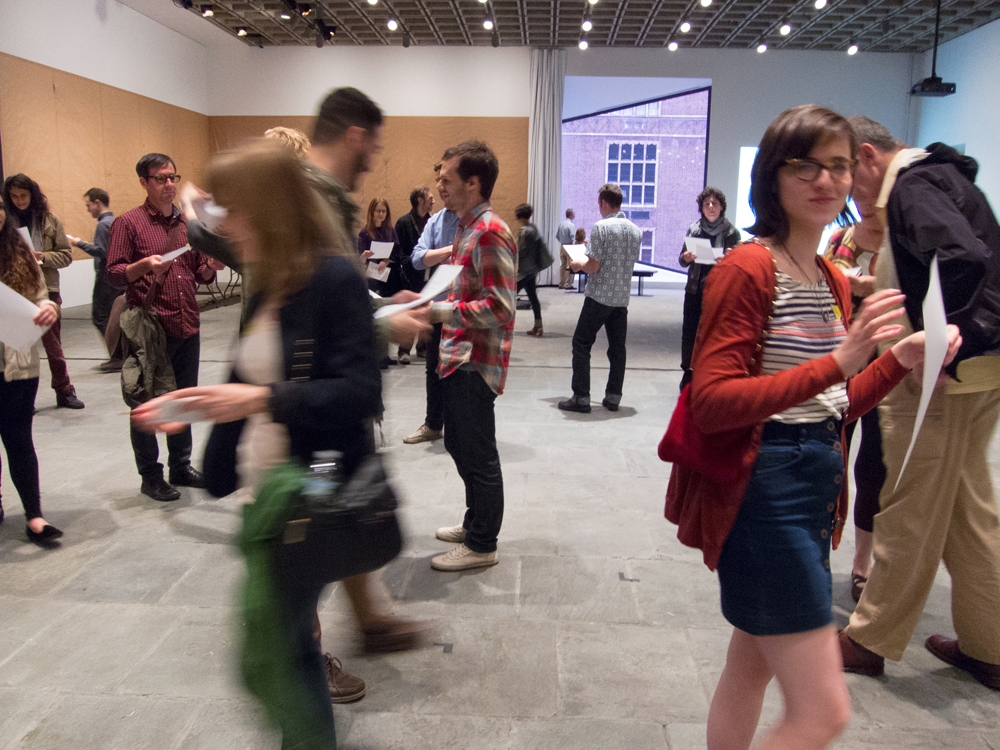
See Noise Hear Light Sunday
Arrington de Dionyso Eye Contact Kiyoharu Kuwayama Maryanne Amacher Matt Hulse Rina Kijima Tetsuya Umeda
Freeform Super 8mm documentation of Sunday at Instal 06 by filmmaker Matt Hulse.
Arika have been creating events since 2001. The Archive is space to share the documentation of our work, over 600 events from the past 20 years. Browse the archive by event, artists and collections, explore using theme pairs, or use the index for a comprehensive overview.

Freeform Super 8mm documentation of Sunday at Instal 06 by filmmaker Matt Hulse.

The struggle for sex workers’ rights and how we can understand it in the continuum of care work and other forms of invisibilised and precarious work.

Each film in this programme celebrates process; the decay of emulsion, the properties of dust and dirt, the manipulation of time. Post the dawn of the digital age, we reflect on our love of the film form, celluloid as an object, a medium and a physical entity.

Are artists powerless in the face of technology? These often whimsical and amusing films are minimal technological interventions and appropriations but maybe also rigorous takes on the role of popular media and culture in our hyper-technological world.

This programme is a celebration of Charlemagne Palestine; passionate, extravagant, visceral. Including two sections from Ritual dans le Vide, an extension of his ‘running camera’ works of the 70’s and Pip Chodorov’s vibrant workout of a live version of Strumming Music.

Three speakers play back pre-recorded sounds, Marc listens and responds: “What is played is the imperfect witness of what I listen to (or maybe better, how I listen).”

The most sophisticated synthetic music around: timbrally otherwise body music as sonified fictions and auditive sociograms.

How do grassroots feminist organisations strategise relationships between mothers, parents, carers and their children based on respect and empowerment, in resistance to the practice of putting children in often the most uncaring of places – care.

Instead of the one-way monologue of normal performance, what would be the result of an actual collective dialogue? Where would it go?
We’ll be looking at decolonising ‘global mental health’. We’ll look at the concepts of decoloniality, of things being ‘culture bound’, and at hermeneutical injustice* as ways to examine dominator knowledge systems, and the institution of psych/iatry.

A silent performance of (musical) reverberation.

What might Carter and Parker’s collaboration tell us about our own performances of responsibility and liberty, whether individual, social or musical?